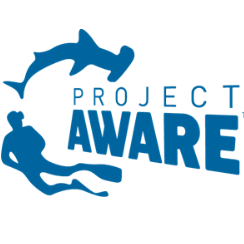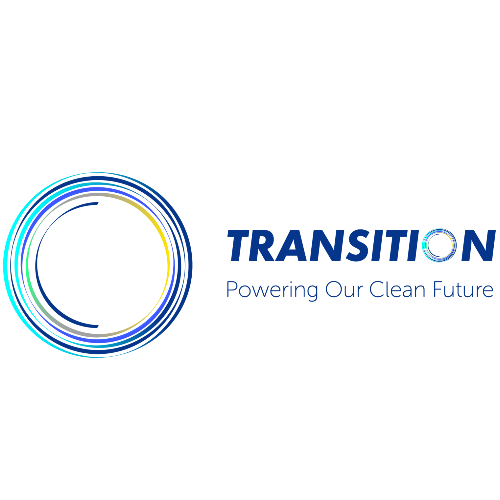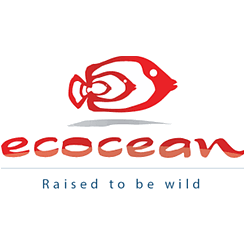The ocean is the world's largest ecosystem, covering 70% of the Earth's surface. It contributes a host of environmental services that are critical to the health of our planet and everything that lives here. However, the health and integrity of the oceans is currently being threatened by overexploitation, pollution and climate change.
Recognizing the critical role the ocean plays in mitigating climate change and maintaining the health of the planet, as well as its contribution to the blue economy, many coastal and island nations have begun implementing initiatives that align with the United Nations Sustainable Development Goal 14 (SDG 14) to 'Conserve and sustainably use the oceans, seas and marine resources for sustainable development.' But while many have the will, they often lack the capital to make this transition.
Ocean-based economic activities are typically financed by public and private investors who can hold significant influence with regard to transitioning to a more sustainable blue economy by channeling their investments into projects that are more sustainable and less damaging to the environment. This not only supports marine biodiversity and environmental integrity, but ensures social and economic benefits derived from the ocean are secured for current and future generations to enjoy.
UNEP's Sustainable Blue Economy Finance Initiative brings together a global community of finance experts that are working with the global financial community, providing guidance and support to financial institutions to encourage investment, lending and underwriting activities that align with the UN Sustainable Goal 14, 'life below water' to help restore marine biodiversity, improve ocean health and build a prosperous ocean economy. The initiative supports the Sustainable Blue Economy Finance Principles, a cornerstone of principles developed by the European Commission, the World Wide Fund for Nature (WWF), the World Resources Institute (WRI) and the European Investment Bank (EIB) that serves as a framework to help financial institutions transition towards a sustainable blue economy.
The Sustainable Blue Economy Finance Initiative has several downloadable resources available online, including:
• The Rising Tide: Mapping Ocean Finance for a New Decade, which serves as an entry point for financial institutions seeking to contribute to a sustainable blue economy;
• Turning the Tide: How to Finance a Sustainable Ocean Recovery, a practical toolkit that guides financial institutions towards providing capital for sustainable ocean activities that promote healthy oceans;
• Diving Deep: Finance, Ocean Pollution and Coastal Resilience, an actionable toolkit to help financial institutions support healthy oceans and a sustainable blue economy;
• Recommended Exclusions for Financing a Sustainable Blue Economy, a list of environmentally harmful ocean-related activities across various sectors that the UNEP FI recommends should not be financed;
Blue bonds are a relatively new innovative mechanism that are increasingly being used to finance the sustainable blue economy. A blue bond is essentially a type of sustainability bond or debt instrument that is issued to provide capital for projects that support healthy oceans and a sustainable blue economy. When channeled to projects that promote healthy oceans, blue bonds have the potential to scale up the sustainable blue economy. UNEP FI and its partners are currently busy developing guidelines for issuing blue bonds to finance the sustainable blue economy, which will be published towards the end of the year. The guide will provide comprehensive guidelines to both the financial and private sectors on project eligibility criteria, blue bond issuances and blue lending.
Following the growing surge of interest in blue finance from investors, financial institutions, and issuers globally, the International Finance Corporation (IFC), a member of the World Bank Group, published Guidelines for Blue Finance, Guidance for Financing the Blue Economy, which strives to help financial institutions support investments that are aligned with the the UN's SDG 14 for the sustainable use of the oceans.
According to the IFC, the blue economy is expected to surge to $3 trillion by 2030, providing employment for 40 million people, double that compared to 2010. New innovative financing solutions can play a key role in preserving coastal and ocean ecosystems that are essential to the health of the planet. Blue Finance can potentially help us achieve these goals by contributing to economic growth, improving livelihoods, while also contributing to healthy oceans.
Sources
https://www.unepfi.org/blue-finance/
https://www.omfif.org/2022/10/protect-the-ocean-protect-the-economy/
https://blogs.worldbank.org/climatechange/blue-finance-how-can-innovative-wave-finance-blue-economy










